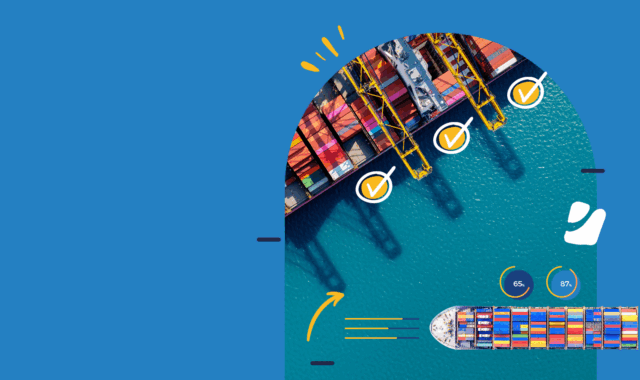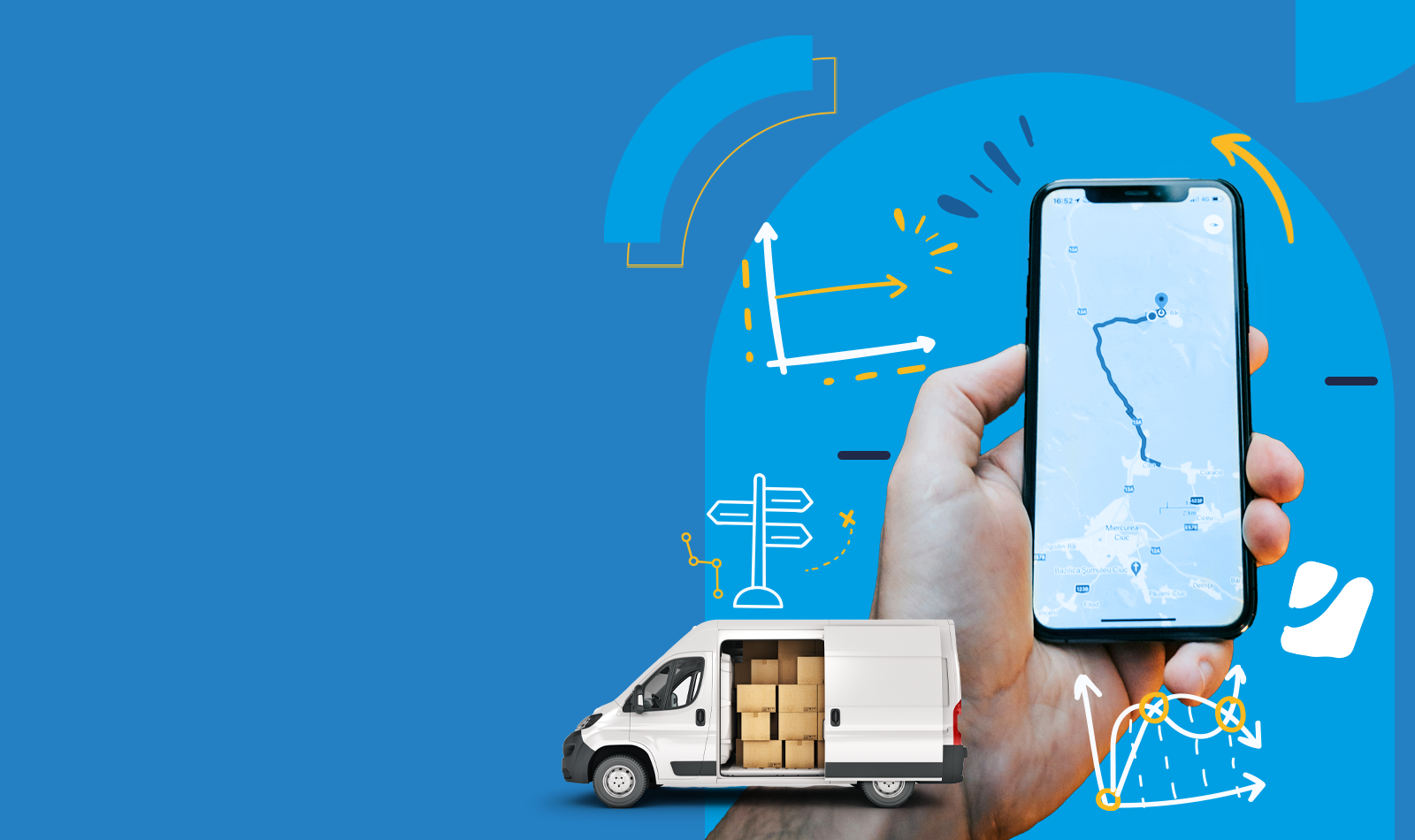Team Augmentation for the Maritime Logistics Systems projects
Project ZIM prides itself on being an innovative software house and an innovation hub. In this project, the Client handles ideation, domain knowledge, technical planning, […]

The goal of the project is to create a comprehensive solution to support logistics processes, including transport planning and the management of key points along routes, such as terminals, airports, and ports.
We are developing services that enable real-time recalculation of parcel delivery times, identification of key points and areas on maps, visualization of delivery routes, and estimation of delivery times. Additionally, we offer functionalities for updating routes.
We also provide tools for managing ferry cargo transport reservations, significantly simplifying the work of dispatchers. With a unified API, users can check schedules and manage bookings across multiple operators.

Since 2019, j‑labs has been a Technology Partner for a global logistics provider, delivering highly specialized engineering teams. The core focus is backend development (Java/Kotlin) and frontend development (Angular).
The projects described above were executed by a cross-functional team of:
The engineering team, in collaboration with the client, has delivered innovative solutions. High-quality project execution and effective cooperation have led to positive feedback and an ongoing partnership.
Project
The primary goal of this project is to provide accessible, precise, and up-to-date geographical data alongside modern tools supporting logistics. We support all business units and regions within the company by delivering solutions tailored to their individual needs. We leverage advanced digital mapping technologies and diverse data sources—both internal and external—to create and manage dedicated geographic solutions that address the most demanding business requirements.
Tech stack
Kotlin, Spring Boot, Hibernate, PostgreSQL, Docker, Kubernetes, Kafka, AWS, Angular, Angular Material, Karma, RxJS, ELF (an alternative to NgRx)
Task
Implementation
Project
The project aimed to integrate with a cloud-based transport planning system to simplify transport planning and carrier route management. This integration automated several processes related to transport and geographical data analysis, such as optimizing routes considering road constraints and estimating toll charges based on vehicle specifications like the number of axles and weight.
Tech stack
Kotlin, AWS, Spring Boot, Kubernetes, Hibernate, Docker
Task
Implementation
Integrated with the transport optimization system and utilized its APIs:
Project
This project involved creating and setting up a locally hosted map server to eliminate the need for external service subscriptions. The solution supports user interface (UI) customization, adding new map layers, and modification of the existing structure.
Tech stack
JavaScript, CSS, mapping library, Docker
Task
Implementation
Project
This project focused on developing a system to assist dispatchers. When transporting goods requires ferry services, dispatchers need to:
Previously, these tasks were done manually through phone calls or individual operators’ websites.
Tech stack
Kotlin, Spring Boot, JUnit, Kotest, Wiremock, Testcontainers, PSQL, Flyway, MuleSof
Task
Implementation
Join the largest companies in the world
that have completed their digital transformation together with us.
Team Augmentation for the Maritime Logistics Systems projects
Project ZIM prides itself on being an innovative software house and an innovation hub. In this project, the Client handles ideation, domain knowledge, technical planning, […]

ETF Fund Management Automation in a Global Financial Institution
Project Background In response to the dynamic development of the ETF fund market and growing regulatory requirements, a global financial institution with over 200 years […]




